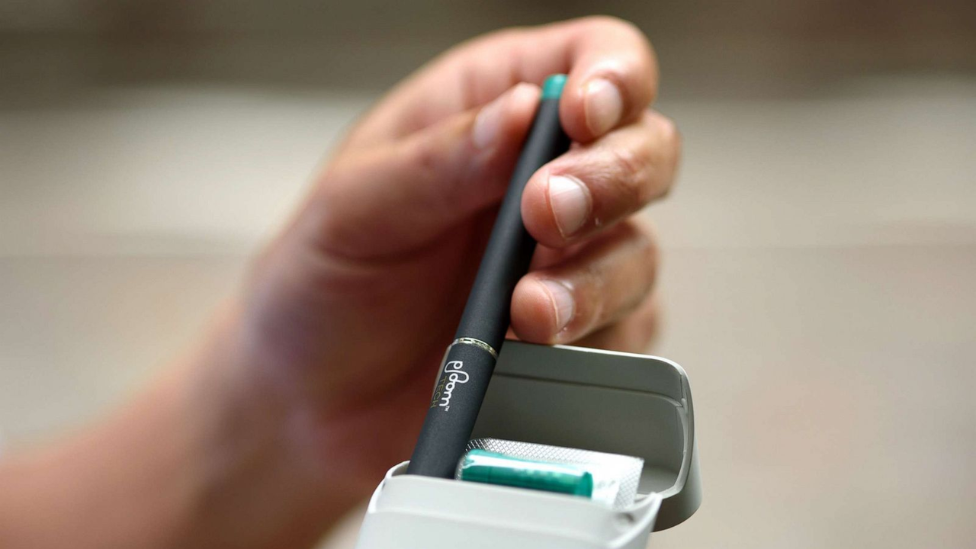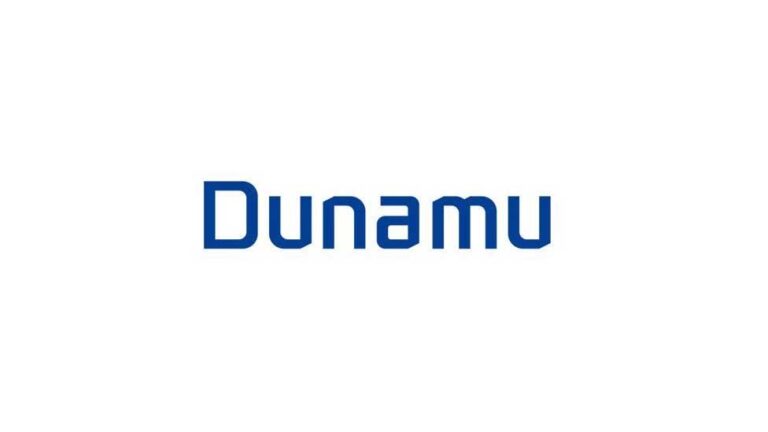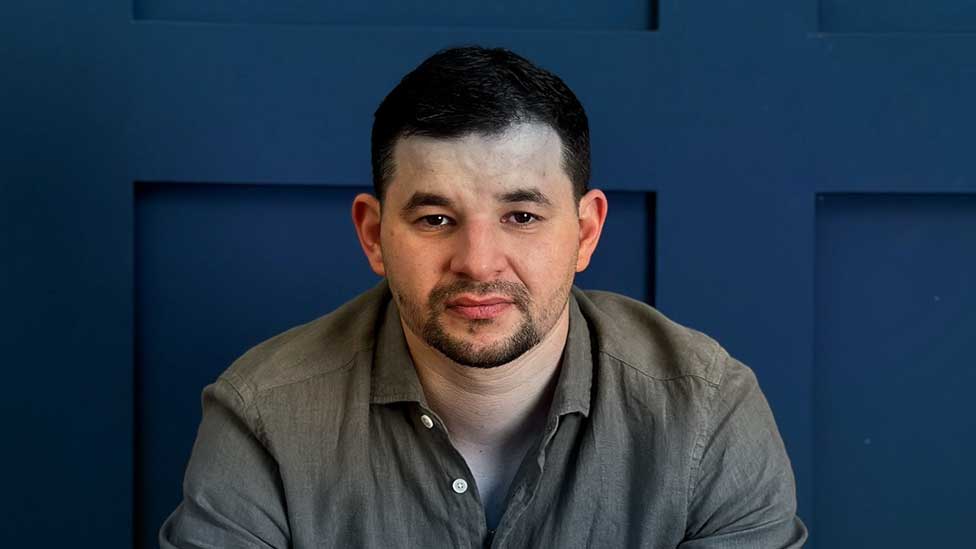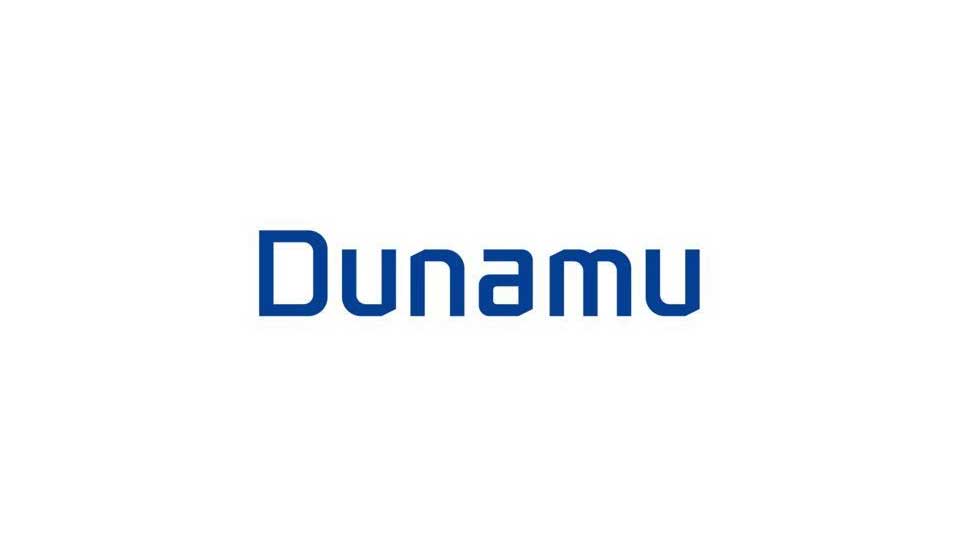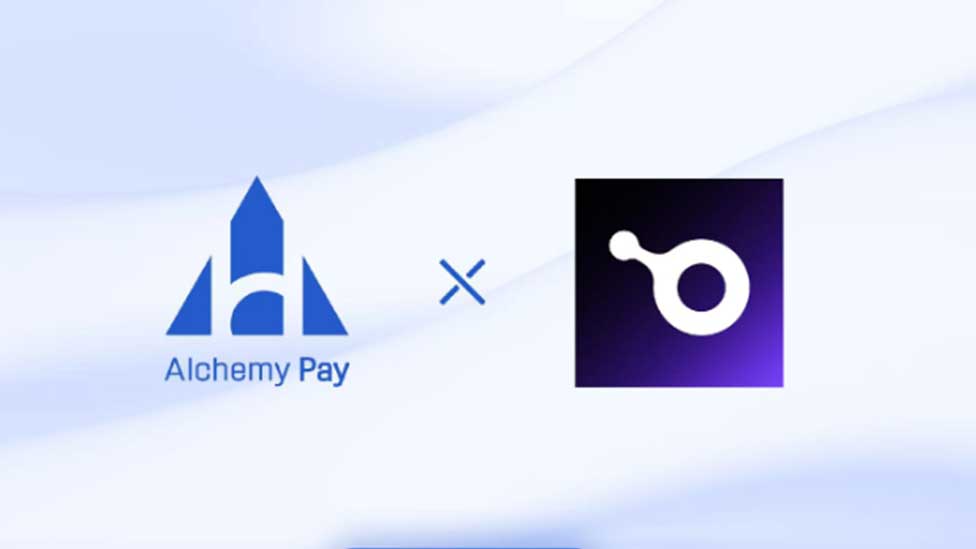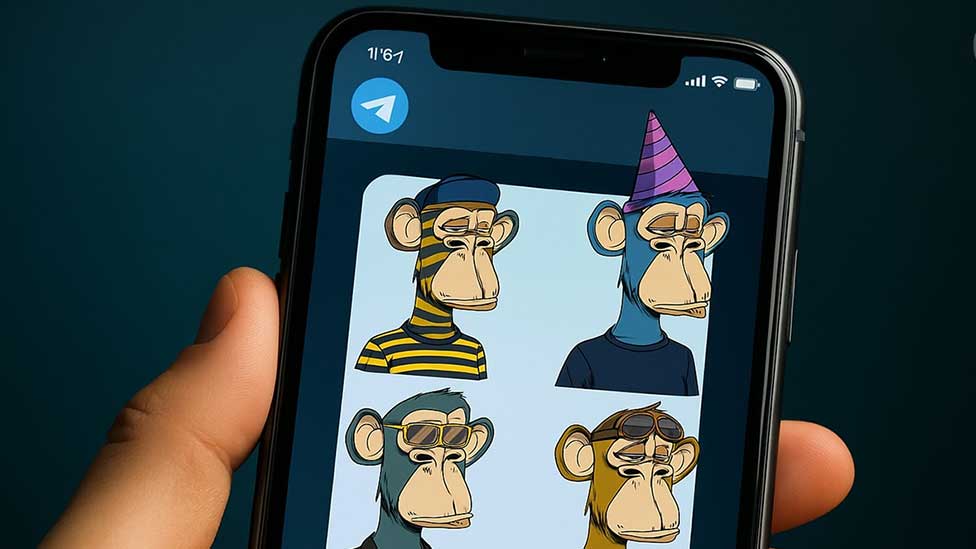The emergence of non-fungible tokens (NFTs) in our digital age has garnered worldwide interest, transforming our understanding of ownership and value. In the midst of a transformative trend, Middle Eastern Non-profits are finding new and creative ways to utilize blockchain technology and NFTs for fundraising. These organizations can increase their impact, expand their audience, and promote a culture of giving that goes beyond traditional limits by embracing the innovative combination of philanthropy and technology.
The Potential of NFT Philanthropy
In recent years, NFTs have become increasingly popular in the art and collectibles industry. These unique digital assets can serve as proof of authenticity or ownership. Their potential goes beyond digital art. Middle Eastern Non-profit groups are acknowledging the potential of NFT Philanthropy to transform their fundraising strategies and enhance their engagement with their supporters. Numerous charitable organizations have already received advantages from the excitement. NFTs offer a transparent way for organizations to raise funds through auctions while also engaging a new audience and strengthening brand awareness, making them a potentially lucrative option.
For example, earlier this year, the Mohammed Bin Rashid Al Maktoum Global Initiatives and the Al Jalila Foundation together announced a historic development on March 27. The prestigious charity took a bold step by introducing the first-ever NFTs collection in the UAE. The brilliant Emirati artist Maisoon Al Saleh is the creator of this outstanding collection, which is titled “A Fingerprint on Humanity.” Its dual goals are to increase public awareness of the difficulties experienced by UAE residents with life-threatening illnesses and to raise money to help with their medical expenses.
Also, in 2021, the Syrian-Palestinian artist Hani Abbas made seven digital images that were sold to raise funds for Afghanistan. In his art, he addresses themes of justice, loss, and the cost of war. The images are part of a series called “Windows.” He worked with UNHCR to launch the organization’s first sale of an NFT.
NFT fundraising strategies are similar to traditional non-profit fundraising techniques but differ in that they rely on blockchain technology. Middle Eastern Non-profits can often use NFTs to raise money by auctioning them or working with NFT creators to receive a portion of the sales proceeds. Like traditional fundraising methods like art sales and crowdfunding, NFT fundraising requires planning and knowing your target audience.
Conclusion
NFT fundraising offers a unique digital asset. Non-profit organizations all over the world are using NFT philanthropy as a way to raise funds because they recognize the NFT community as a potential source of donors for your organization’s mission and cause. As organizations start to use new technologies, cryptocurrency and NFTs have a lot of promise for the future.

